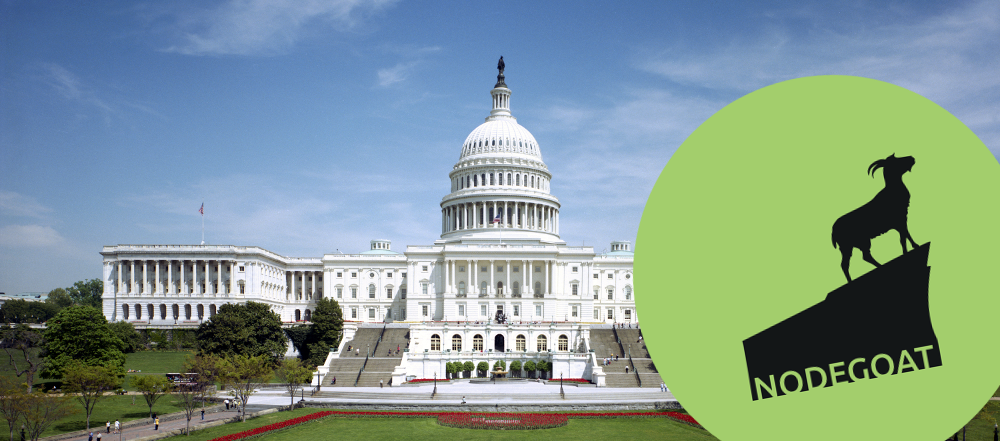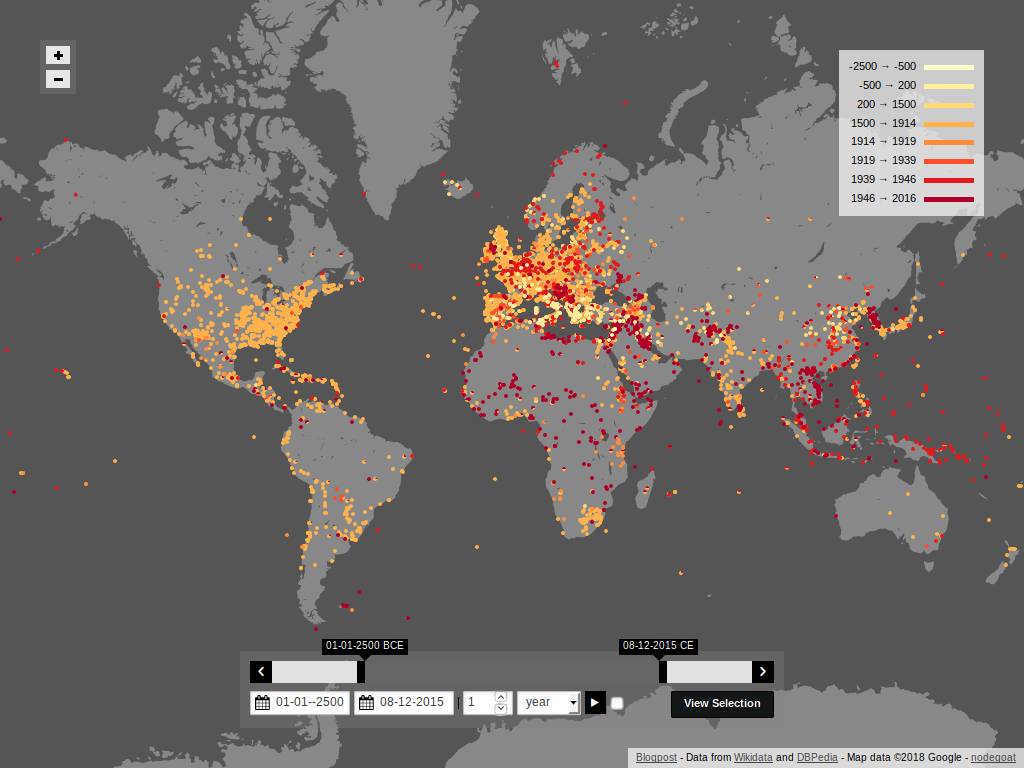Network Visualisations of 38.000 Letters of 19th Century Intellectuals
CORE AdminEvery bit of information that is entered into nodegoat can immediately be published through a public user interface. This allows the Encyclopedia of Romantic Nationalism in Europe to instantly publish articles and a wide range of research data. This data also includes a set of over 38.000 letters that can be queried through the public user interface. In this blogpost we discuss the steps we took to allow visitors to dynamically explore this dataset.
The Study Platform on Interlocking Nationalisms (SPIN) at the University of Amsterdam has created a dataset of metadata of over 38.000 letters of nineteenth century intellectuals. This data has been manually entered and imported semi-automatically (geo-referencing and disambiguating people was largely done by hand). Sources include a range of publications of letters, like Breve fra og til Carl Christian Rafn, med en biographi, plus two existing datasets: (1) the metadata of over 18.000 letters of Jacob and Wilhelm Grimm were provided by the Arbeitsstelle Grimm-Briefwechsel Berlin, and (2) the metadata of over 14.000 letters of Sir Walter Scott were provided by the Millgate Union Catalogue of W. Scott Correspondence; courtesy prof. Millgate & National Library of Scotland. The remaining 6.000 letters were entered by hand by SPIN, based on publications of letters of various other intellectuals throughout Europe. This means that the dataset is a combination of a number of personal networks and that we have an overrepresentation of letters sent by the people at the center of these personal networks.
This dataset is part of the Encyclopedia of Romantic Nationalism in Europe (ERNiE). ERNiE will include over 1.500 articles on topics and people associated with the era of romantic nationalism (e.g. Dress, design : Romanian, Karadžić, Vuk Stefanović, Felicia Hemans). ERNiE also includes other materials like monuments, architecture, art, and currency. ERNiE is coordinated by SPIN. The editor of ERNiE is Joep Leerssen.[....]

